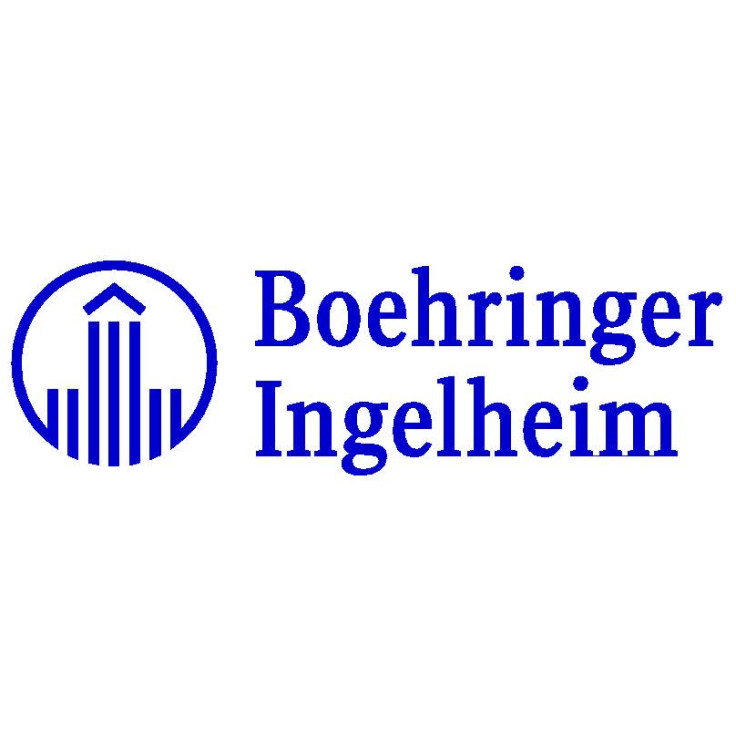FDA Approves Boehringer's Gilotrif Drug For Late-Stage Lung Cancer Patients With Specific Mutation

The U.S. Food and Drug Administration (FDA) has approved a pharmaceutical drug, Gilotrif, from Boehringer Ingelheim for late-stage, non-small cell lung cancer (NSCLC) patients with a specific mutation. The FDA has also approved a companion genetic test to determine which patients would respond to the treatment, made by Qiagen which can only be used for this specific drug, Gilotrif, or as it is techincally called, afatinib. Non-small cell lung cancer constitutes over 85 percent of all lung cancer cases and 10 percent of those have the specific mutation for which this drug is functional.
"Today's approvals further illustrate how a greater understanding of the underlying molecular pathways of a disease can lead to the development of targeted treatments," said Richard Pazdur, M.D., director of the Office of Hematology and Oncology Products at the FDA's Center for Drug Evaluation and Research, in a press release. "Gilotrif is the second drug approved this year for patients with untreated metastatic NSCLC whose tumors have the EGFR exon 19 deletions or exon 21 L858R substitution mutations."
According to the National Cancer Institute, lung cancer is the leading cause of cancer-related death among Americans. Close to 228,190 Americans are estimated to be diagnosed with lung cancer, and 159,480 will die from the disease this year.
The drug targets growth factor receptors that are present on cancer cells, blocking their function. Gilotrif is also being investigated in a variety of other cancers, such as breast cancer, prostate cancer, head and neck cancers, and gliomas of the brain.
The drug has only been approved as a last-line treatment for those who have experienced failures in previous treatment options. Participants that had received Gilotrif saw a delay in tumor growth (progression-free survival) that was 4.2 months later than those receiving a standard course of chemotherapy. In the clinical trial, there was no statistically significant difference in overall survival.



























